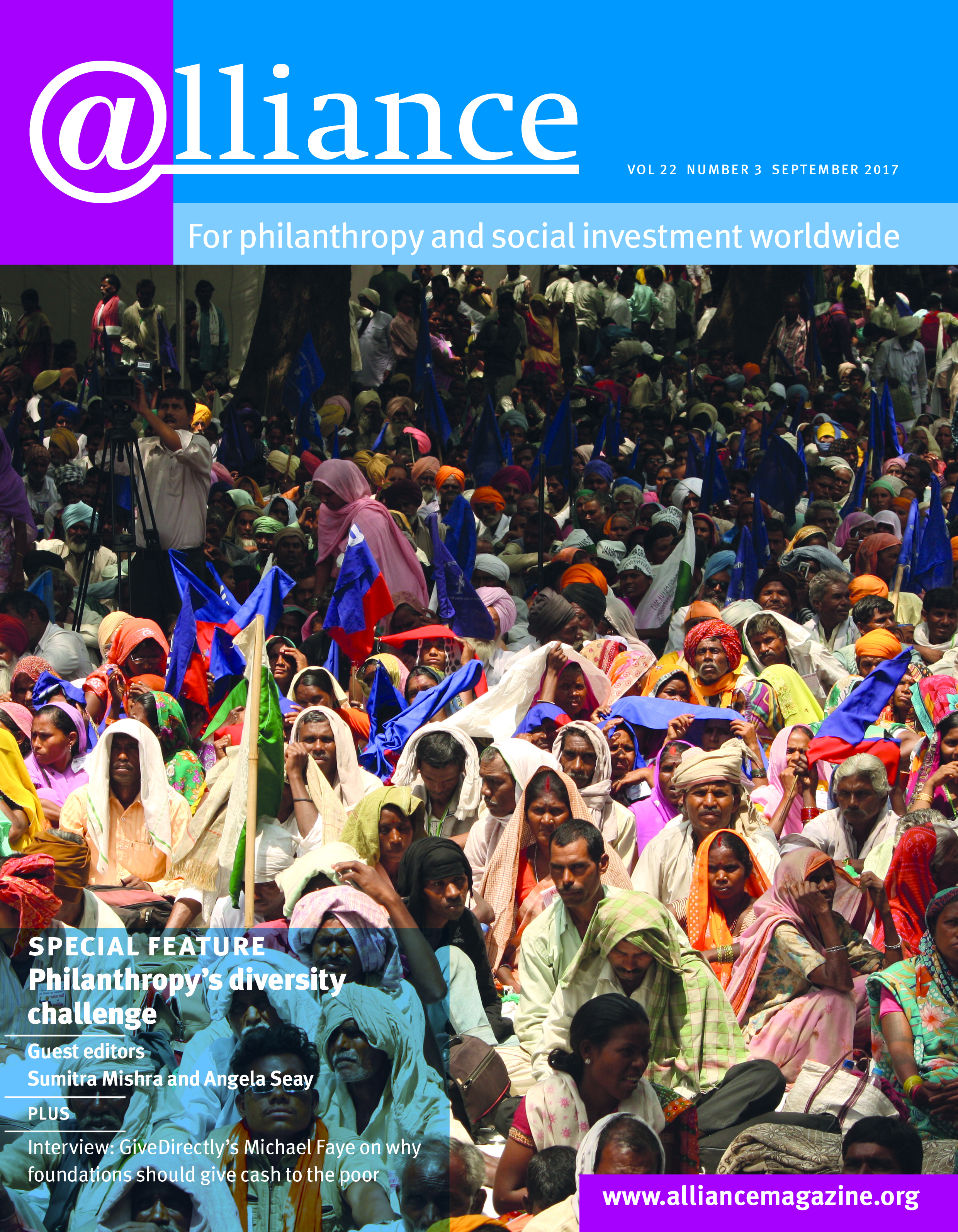The Portuguese non-profit, B-Lab Portugal and Lusophone Africa, is working to advance the BCorp model in Portugal. BCorps are ‘for-profit companies certified to meet rigorous standards of social and environmental performance, accountability, and transparency’. Over 2200 BCorps currently exist in over 50 countries, in a multitude of sectors.
 In a relatively small country such as Portugal, more active involvement by the corporate sector in social and environmental issues could have an outsized impact on ongoing concerns being addressed by the state and the third sector.
In a relatively small country such as Portugal, more active involvement by the corporate sector in social and environmental issues could have an outsized impact on ongoing concerns being addressed by the state and the third sector.
The European BCorp Summer Summit was held in Cascais, Portugal in June 2017, with the theme ‘Interdependence as a force for good’.
There are currently 14 BCorps in Portugal, including Hovione, its largest, a pharmaceutical company that aspires ‘to use the power of markets to solve social and environmental problems’. It can also serve as a model for larger and multinational Portuguese companies to follow suit.
B-Lab Portugal also includes Portuguese-speaking African countries, where the organization hopes to expand. To date, one Mozambican company has been certified as a BCorp.
Portugal is also poised to become the second European country to create the legal entity known as a benefit corporation, currently in existence in the US (2010) and Italy (2016). A benefit corporation is a legal entity that includes the wellbeing of its workers, society, and the environment in the corporation’s legally-defined goals.
- Portugal’s Platform for Refugee Support, which brings together over 200 civil society organizations, local government authorities, private and corporate foundations, and families, was a recipient of the 2017 European Citizen’s Prize.
- Since 2008 the prize has been awarded to European civil society initiatives that encourage mutual understanding and integration. Portugal has so far received over 1100 refugees.
For more information: http://tinyurl.com/BCorps-Port and http://www.refugiados.pt






Comments (0)